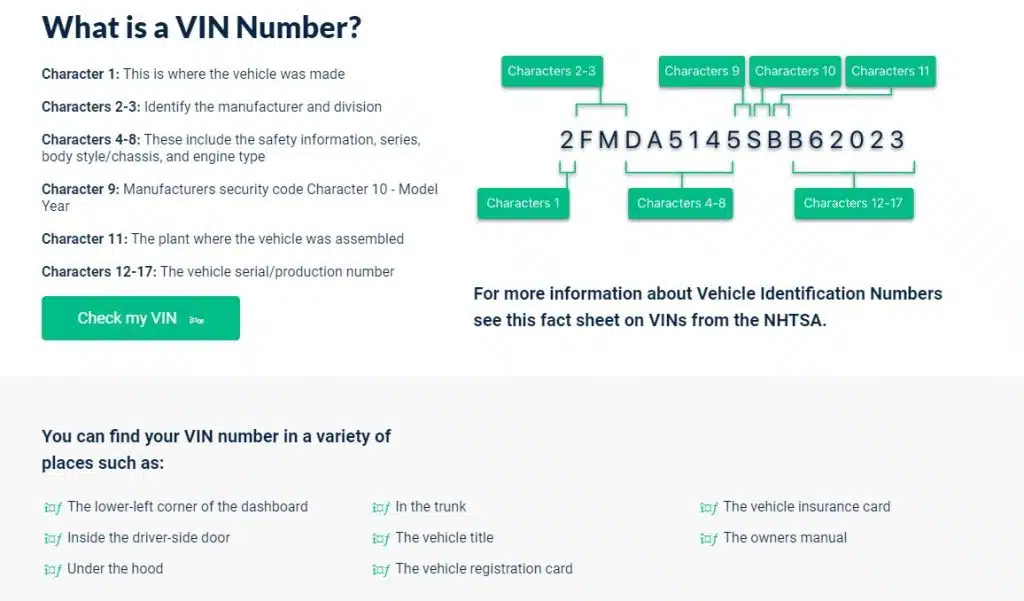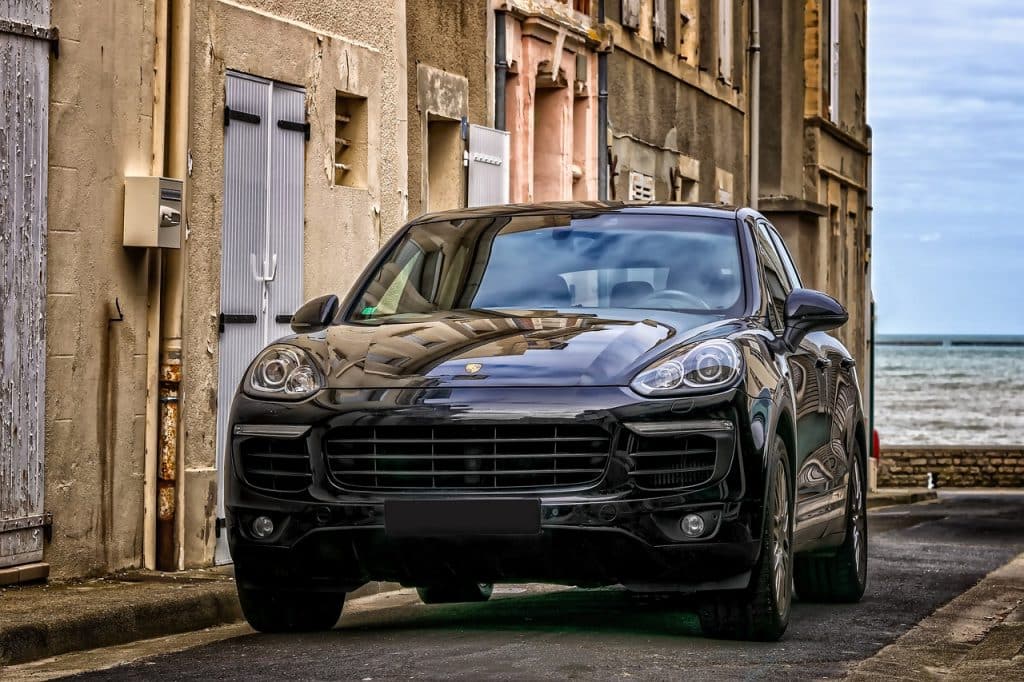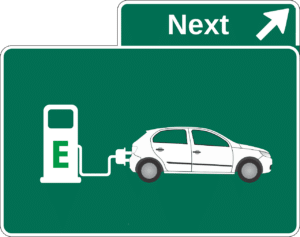If you are looking for a new vehicle, you may be interested in purchasing an SUV or a Crossover. Many people believe these terms describe the same vehicle, and many salespeople use the terms interchangeably. While these vehicles are very similar, they are two different types of transportation.
The SUV – Sports Utility Vehicle
The original SUV was designed to meet a population segment that desired a larger and more powerful vehicle like a pickup truck but had the passenger room and closed cargo capacity of a passenger car.
Traditional SUVs are built on truck frames and are larger than crossover vehicles.
Crossover Vehicles
The use of the term “crossover” emerged about a decade ago, probably from an advertisement. The name stuck, and now cars that are built on raised frames are considered “crossover” vehicles.
Crossovers are very similar to SUVs in size and cargo capacity, but they are on a lifted car frame instead of a pickup truck frame. The first crossover sold in the US was the 1996 Honda RAV4. Since this car was released, nearly all manufacturers have come out with a crossover or converted their smaller SUVs to this type of vehicle.
Benefits of an SUV
There are several benefits of owning an SUV. These benefits include:
* Heavier-duty frame and suspension
* Powerful engine
* Increased towing capacity
* Better off-road capabilities
* Many offer third-row seating options for more passenger capacity
* Larger passenger area and larger cargo capacity

Drawbacks 0f an SUV
As with any vehicle, there are a few drawbacks to SUV ownership. These drawbacks include:
* SUVs are typically more expensive than crossover vehicles
* The larger engines found in SUV’s require more fuel to operate
It has also become much harder to find real SUVs as more car sales reps keep referring to some vehicles as an SUV instead of a crossover. For instance, the Ford Explorer, one of the original SUVs, is now a crossover vehicle because it is no longer built on a truck frame. However, most people still refer to new Explorers as SUVs.
Benefits of a Crossover Vehicle
Crossover vehicles prioritize passenger comfort over payload capacity. Benefits of a crossover include:
* More choices in make and models
* More affordable
* Smaller engines, so they are more fuel efficient
* Higher driving position than a car
* Larger cargo area than a car
* More passenger room than a car
Cons of Owning a Crossover
Crossovers have many benefits, but there are a few drawbacks that include;
* Lower towing capacity than an SUV
* Not good for off-road driving
What To Look For When Purchasing a Crossover or SUV
If you are looking for a used crossover or SUV, you should consider several things before making the purchase. Knowing these facts about your vehicle will help you make an informed decision before making a purchase.
Mileage
The mileage on any vehicle can have an impact on the value of a vehicle. High-milage vehicles often cost less because of wear and tear. However, high-mileage vehicles may also need more work on them in the near future. Mileage is something that you must consider.
Maintenance Record
Vehicles with good maintenance records are more valuable than those without them. This is because you can see all the repairs and upkeep that have been performed on the vehicle.
Accident History
Even small accidents can have an impact on the value of the vehicle. Even if the repairs have been made by a professional company, there could be some loss in value to the vehicle. Additionally, even if body repairs were completed there still may be hidden damages.
Title
You always want to verify that the title is clear and that it is not a salvage title. Having a clear title just means that the seller has the right to sell the vehicle and that there are no liens against the vehicle.
Salvage titles mean that the vehicle has been considered totaled by an insurance company. Being classified as totaled means that the vehicle has been damaged beyond repair in the eyes of the insurance company in an accident, has been in a flood, has been in a fire, or was previously stolen and recovered.
Many insurance companies will not cover a salvage titled vehicle or charge additional fees for coverage.
Amenities and Upgrades
If the vehicle has been upgraded or has non-factory amenities, you should find out if this impacts the value of the vehicle. Some upgrades can decrease the value of a vehicle, like an odd color of paint for the exterior, or may be in violation of state laws, like having window tinting that is too dark or a new muffler system that does not meet emission standards.
So What Do You Choose – SUV or Crossover?
When it comes down to choosing between an SUV and a crossover, the only real thing you need to consider is engine strength and towing capacity. If you are just looking for more passenger comfort and covered cargo space, a crossover will do well. If you need towing power, larger payload, and off-road capabilities, you will do much better with an SUV.
When Purchasing A Vehicle
Always remember to run a VINsmart report on any used vehicle before making a purchase. A VINsmart report runs a complete history on the vehicle including whether it has ever been reported as stolen, involved in a major accident, or listed as a totaled vehicle.
VINsmart reports will also give you a registration history and mileage at registration. It reports any significant incidents related to the vehicle, such as being involved in a fire or flood.
When you are purchasing a used vehicle, the best way to ensure you make a good purchase is to know the vehicle’s complete history.






